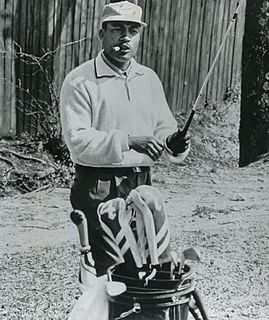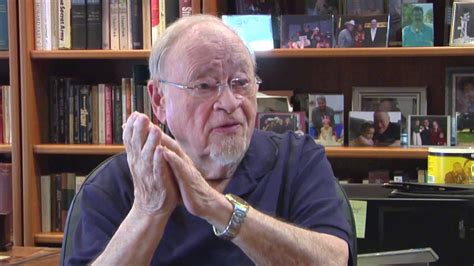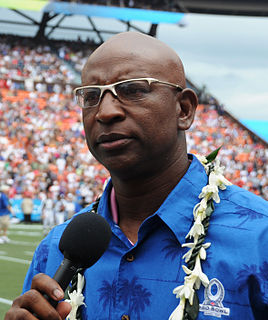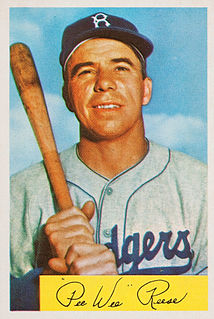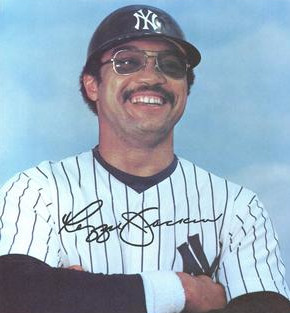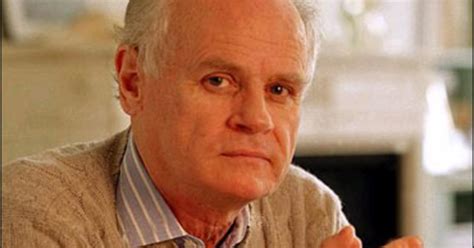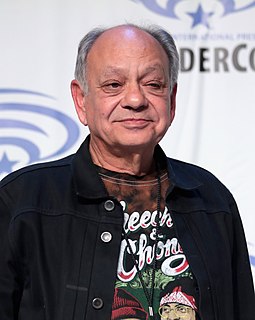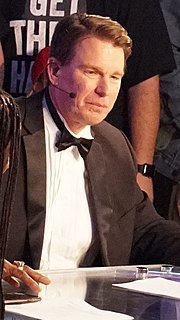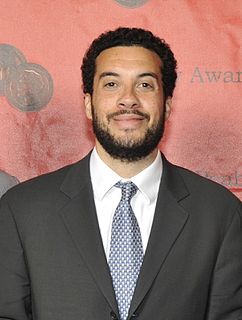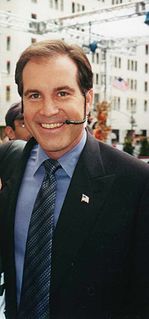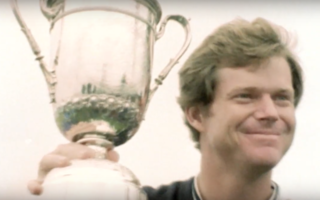A Quote by Charlie Sifford
If I was the Jackie Robinson of golf, I sure didn't do a very good job of it. Jackie was followed by hundreds of great black ballplayers who have transformed their sport... But there are hardly any black kids coming up through the ranks of golf today.
Related Quotes
People look at black pride in America and sport's impact on it. In the major cities it took off the first time Jackie Robinson stole home. In the deep South, it started with Eddie Robinson, who took a small college in northern Louisiana with little or no funds and sent the first black to the pros and made everyone look at him and Grambling.
What I found fascinating was just how quickly the best of the young Negro League players were drafted into the major leagues once Branch Rickey broke the color line by hiring Jackie Robinson. It was clear that all of the major league owners already knew the talents of the black ballplayers that they had refused to let into their league.
O.J. Simpson was primarily interested in O.J. His rise to fame in the late '60s coincided with the period where black athletes were more outspoken and political than in any era. You're talking about the generation of black athletes that came about after Jackie Robinson. Athletes after that were just happy to find a place in sports. But when you got to the mid-'60s, you had athletes like Jim Brown and Muhammad Ali, who were very outspoken on the issues of race and civil rights.
